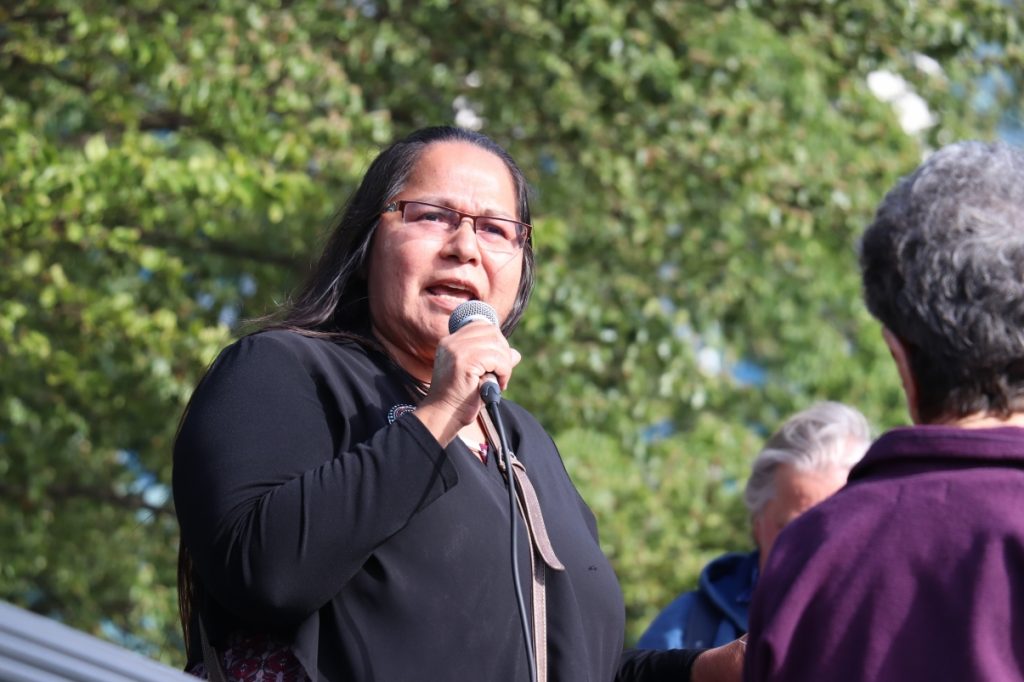
Tensions rise between oil and gas industry supporters and environmentalists over federal decision
By Tania Arora, Staff Reporter and Bex Peterson, Editor-in-Chief
In the face of passionate opposition as well as passionate support for the divisive project, the federal government has reapproved the construction of the Trans Mountain pipeline.
“Our government has newly approved the Trans Mountain pipeline going forward,” Prime Minister Justin Trudeau told reporters last month. “The company plans to have shovels in the ground this construction season.”
The pipeline is an expansion of an existing 1,150-km pipeline that passes from Alberta’s oilsands through to Burnaby, BC. Proponents of the pipeline argue that it will create jobs and potentially open Canada’s oil industry to overseas markets in Asia—though some experts are concerned that the latter claim is far more optimistic than factual. Former Liberal environment minister David Anderson has voiced his opposition to the project, warning that there is no evidence that the project will provide an economic stimulus to the country.
“There is no credible evidence to suggest that Asia is likely to be a reliable or significant market for Alberta bitumen,” Anderson wrote in a letter to six members of Trudeau’s cabinet in June.
The Trudeau government faced criticism from many corners after purchasing the pipeline project last year for $4.5 billion, with many wondering if it was a fair or effective use of tax dollars. Environmental and Indigenous rights groups have spearheaded protests against the pipeline, though some First Nations communities remain divided on the topic.
Stephen Buffalo, president and CEO of the Indian Resource Council, has supported the pipeline expansion.
“When the federal government purchased [the pipeline project], it presented an opportunity—a door—for our First Nations to look at possibly owning the pipeline,” said Buffalo according to Global News. He argued that investment in the pipeline could aid in reducing poverty in Indigenous communities.
Chief Kukpi7 Judy Wilson, secretary-treasurer of the BC Union of Indian Chiefs, has been a prominent voice in the fight against the pipeline expansion.
“There are good reasons why Kinder Morgan chose to walk away from this project,” said Chief Wilson in an open letter to other First Nations leaders this spring, citing “enormous environmental, social, legal, and political ramifications” if the pipeline project were to push forward.
“As long as there is one nation saying no to the pipeline, it cannot be built,” said Chief Wilson.
The Liberals’ announcement last month was met with protests and counter protests in downtown Vancouver on June 18. According to Global News, approximately 100 proponents of the project gathered in Jack Poole plaza to express their support; later in the day, several hundred protestors came together downtown to voice their opposition and condemnation of the federal government’s decision.
“We have to cut emissions in half in 10 years, and planning for money that a future government may or may not spend on the environment when this is over is not enough,” said Peter McCartney with the Wilderness Committee.
Trudeau claimed in his statement to the press that money earned from the pipeline—which Trans Mountain’s website predicts will earn $46.7 billion in revenue after two decades of operation—will go towards investing in clean energy projects. The pipeline still requires approval and permits from several organizations and government boards before it can go forward.

